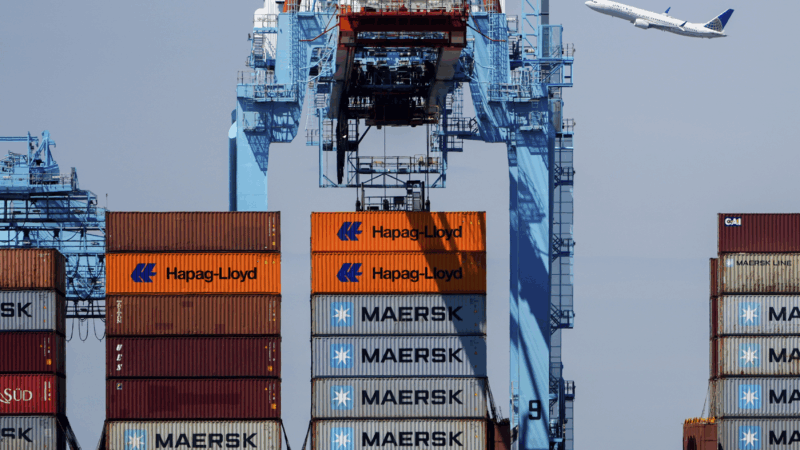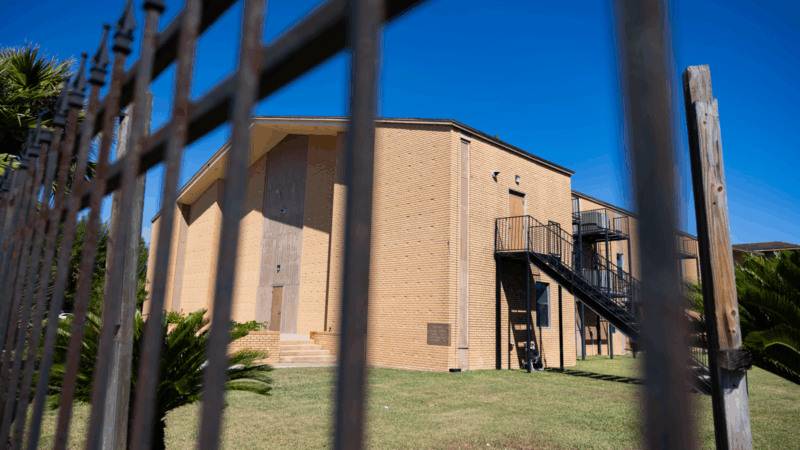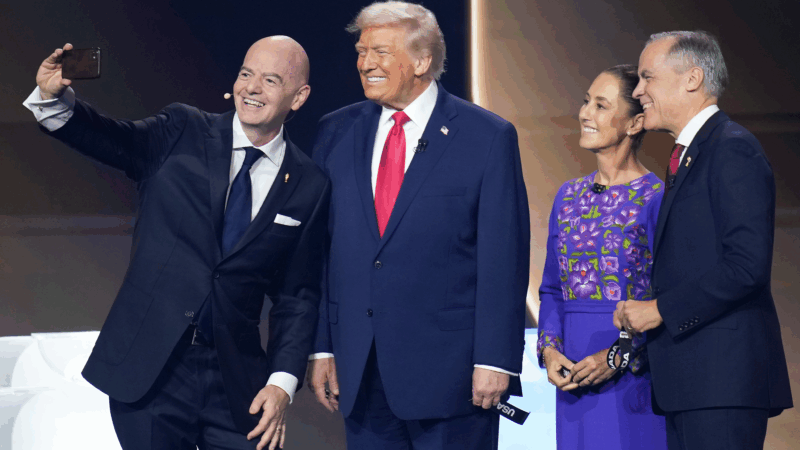A dozen states sue the Trump administration to stop tariff policy
NEW YORK — A dozen states sued the Trump administration in the U.S. Court of International Trade in New York on Wednesday to stop its tariff policy, saying it is unlawful and has brought chaos to the American economy.
The lawsuit said the policy put in place by President Trump has been subject to his “whims rather than the sound exercise of lawful authority.”
It challenged Trump’s claim that he could arbitrarily impose tariffs based on the International Emergency Economic Powers Act. The suit asks the court to declare the tariffs to be illegal, and to block government agencies and its officers from enforcing them.
A message sent to the Justice Department for comment was not immediately returned.
The states listed as plaintiffs in the lawsuit were Oregon, Arizona, Colorado, Connecticut, Delaware, Illinois, Maine, Minnesota, Nevada, New Mexico, New York and Vermont.
In a release, Arizona Attorney General Kris Mayes called Trump’s tariff scheme “insane.”
She said it was “not only economically reckless — it is illegal.”
Connecticut Attorney General William Tong said “Trump’s lawless and chaotic tariffs are a massive tax on Connecticut families and a disaster for Connecticut businesses and jobs.”
The lawsuit maintained that only Congress has the power to impose tariffs and that the president can only invoke the International Emergency Economic Powers Act when an emergency presents an “unusual and extraordinary threat” from abroad.
“By claiming the authority to impose immense and ever-changing tariffs on whatever goods entering the United States he chooses, for whatever reason he finds convenient to declare an emergency, the President has upended the constitutional order and brought chaos to the American economy,” the lawsuit said.
Last week, California Gov. Gavin Newsom, a Democrat, sued the Trump administration in U.S. District Court in the Northern District of California over the tariff policy, saying his state could lose billions of dollars in revenue as the largest importer in the country.
White House spokesperson Kush Desai responded to Newsom’s lawsuit, saying the Trump administration “remains committed to addressing this national emergency that’s decimating America’s industries and leaving our workers behind with every tool at our disposal, from tariffs to negotiations.”
Pregnant migrant girls are being sent to a Texas shelter flagged as medically risky
Government officials and advocates for the children worry the goal is to concentrate them in Texas, where abortion is banned.
The 2026 World Cup faces big challenges with only 100 days to go
Will Iran compete? Will violence in Mexico flare up? And what about funding for host cities in the U.S.? With only 100 days left before it beings, the 2026 World Cup in North America is facing a lot of uncertainty.
A glimpse of Iran, through the eyes of its artists and journalists
Understanding one of the world's oldest civilizations can't be achieved through a single film or book. But recent works of literature, journalism, music and film by Iranians are a powerful starting point.
Mitski comes undone
She may be indie rock's queen of precisely rendered emotion, but on Mitski's latest album, Nothing's About to Happen to Me, warped perspectives, questionable motives and possible hauntings abound.
This quiet epic is the top-grossing Japanese live action film of all time
The Oscar-nominated Kokuho tells a compelling story about friendship, the weight of history and the torturous road to becoming a star in Japan's Kabuki theater.
The Live Nation trial could reshape the music industry. Here’s what you need to know
On Tuesday opening statements will begin for the federal antitrust trial against Live Nation, one of the largest entertainment companies in the world.








